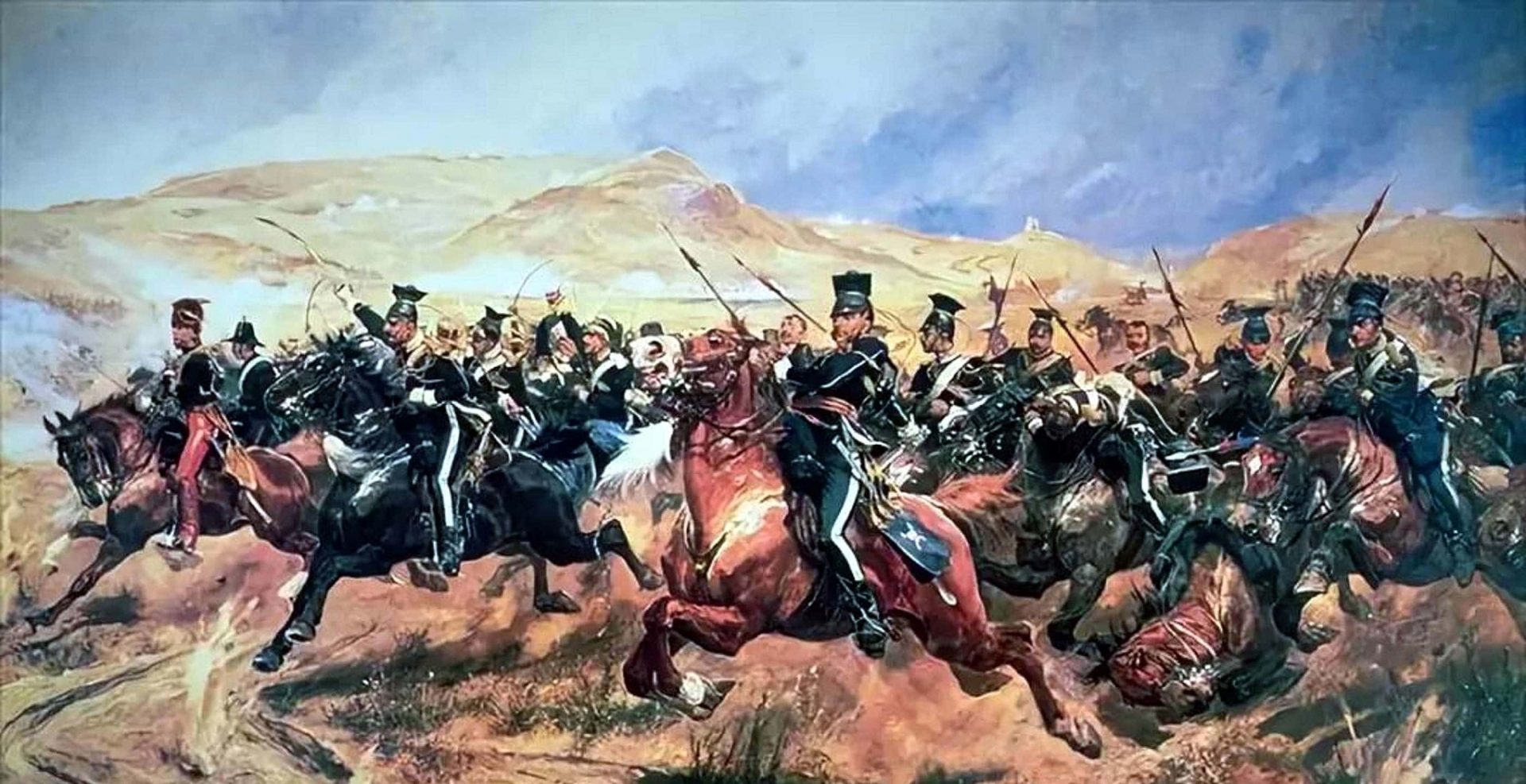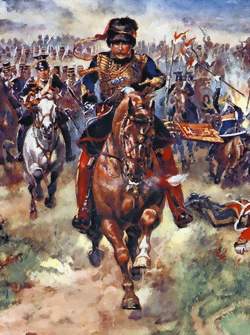

Ultimately, the song stands as a poignant reminder of the cost of human conflict and the need for introspection and change.Half a league, half a league, Half a league onward, All in the valley of Death Rode the six hundred. The lyrics delve into the complexities of conflict, urging listeners to question the reasons behind battles and the lasting impact on those involved. In "The Charge Of The Light Brigade," The Elementary Penguins successfully encapsulate the brutality, futility, and sacrifice of war. It serves as a solemn tribute and a reminder of the sacrifices made in the pursuit of victory. The song concludes with a repetition of the phrase "The light brigade," signifying that despite the tragic outcome and the many lives lost, the spirit and memory of these soldiers endure. This fleeting moment of silence allows for contemplation regarding the true consequences of war. The "sea of silence below" evokes the aftermath of battle, where the cost has been paid and victory, as it was once perceived, has come undone. The fourth verse, though brief, brings a sense of introspection and reflection. This further emphasizes the senselessness of war and the high cost paid by those involved. The imagery of horse and sabers facing off against the forty-five implies the overwhelming odds the Light Brigade faces.

The third verse adds another layer to the narrative, focusing on the futility of the charge as the soldiers are futilely thrown against the enemy. This introspective moment challenges the notions of duty and sacrifice, urging listeners to consider the reasons behind these destructive conflicts. The pre-chorus raises questions about the necessity of war, with the lyrics asking why soldiers have to risk their lives. The mention of the "jaws of death in the morning light" is a haunting image, emphasizing the stark contrast between the beauty of a new day and the brutality of war. This evokes the generational passing down of a sense of duty and pride in military service. In the second verse, the song takes a more reflective turn, as a father figure asks his son if he has ever witnessed the gravity and honor found in battle. The phrase "as victory fades" suggests the fleeting nature of triumph in war, where initial hope is quickly replaced by the reality of loss. It highlights the sheer devastation of the battle, with soldiers falling and no hope of salvation.

The chorus introduces the perspective of an observer witnessing the charge of the light brigade. This also serves as a rallying cry, reminiscent of the battle cries that soldiers would shout to boost morale.

Despite the inevitable danger and imminent loss of life, they remain committed to their duty. The repetition of the phrase "For the Light Brigade" in the verse further emphasizes the allegiance and loyalty these soldiers have to their cause. The line "the six hundred must die" underscores the inevitable tragedy that awaits them. The mention of fears unknown and the fading glory immediately imply the grim reality that lies ahead for the soldiers. The opening verse sets the scene with powerful imagery, describing the intensity of the conflict as the fire grows and the cannons roll. Drawing inspiration from the famous poem of the same name by Alfred Lord Tennyson, the lyrics paint a vivid picture of the brutality and futility of war. "The Charge Of The Light Brigade" by The Elementary Penguins is a song that delves into the theme of war and explores the sacrifices made by soldiers on the battlefield.


 0 kommentar(er)
0 kommentar(er)
